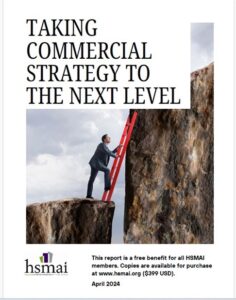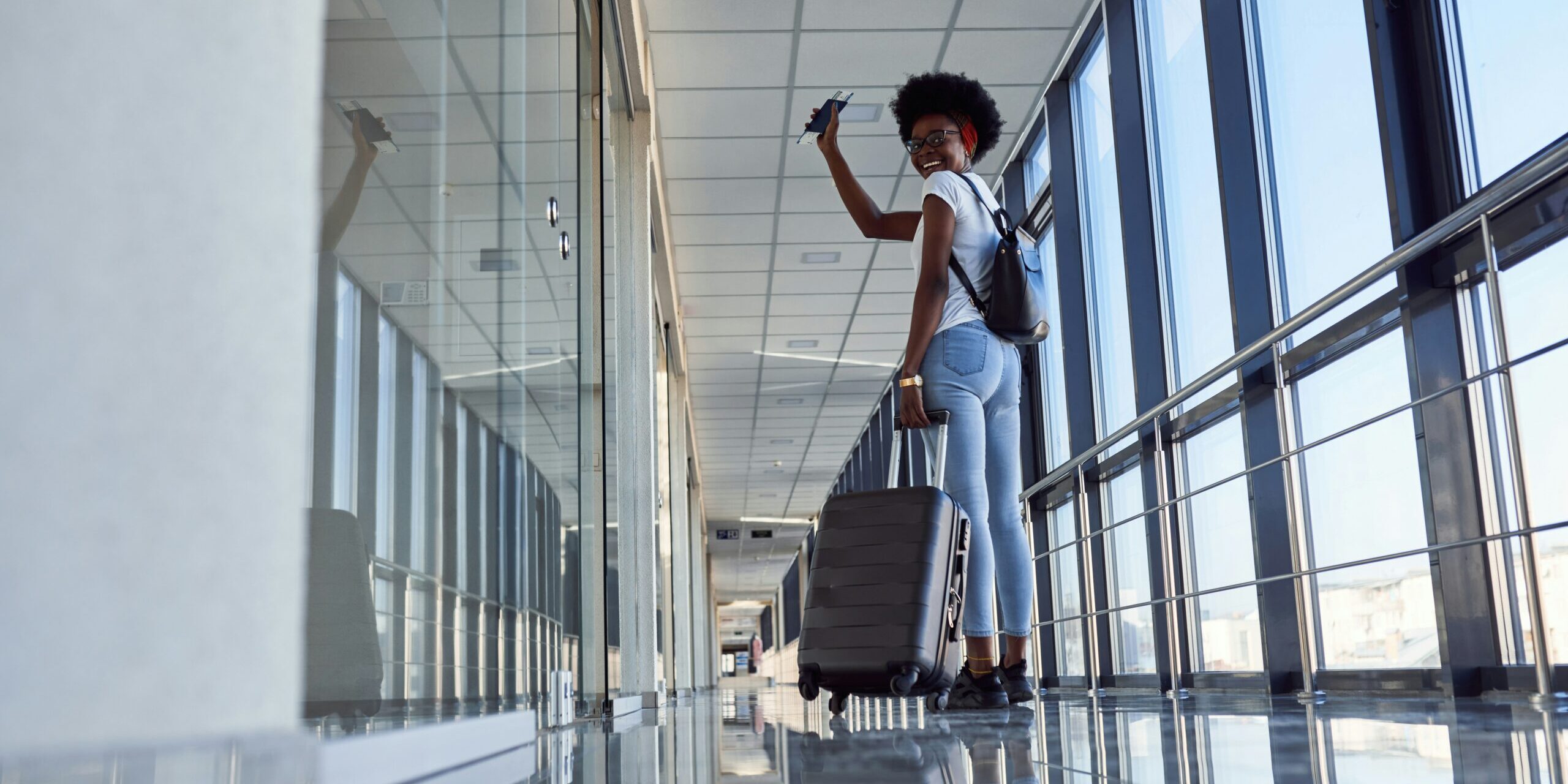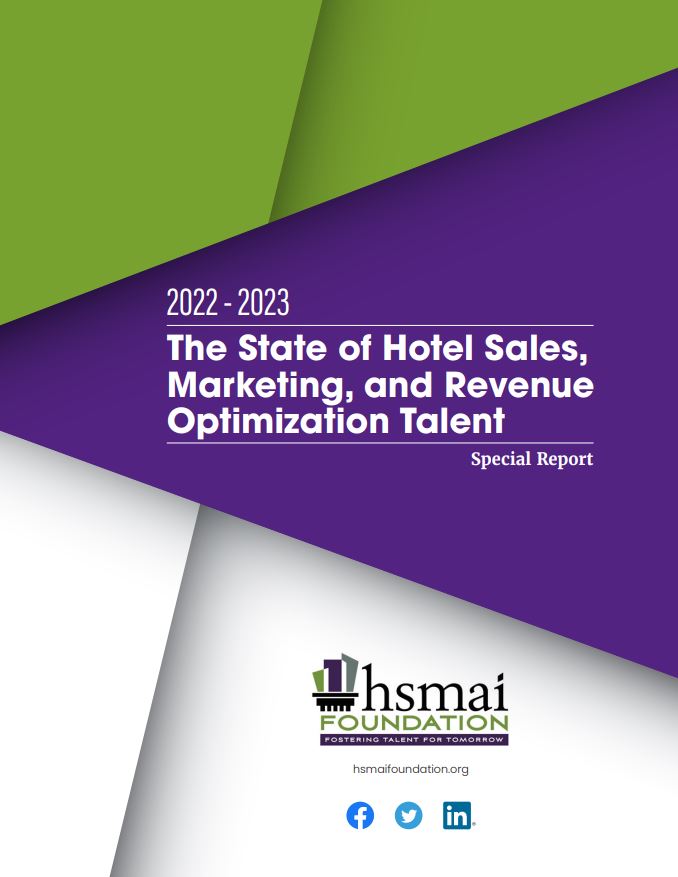This report and accompanying Commercial Effectiveness Organizational Assessment was created by the HSMAI Commercial Strategy Workgroup. HSMAI’s Commercial Effectiveness Organizational Assessment allows a hotel organization (individual hotel, management company, ownership group, or brand) to assess and score their implementation of the 11 key drivers of commercial excellence:**
1. Cross Functional Organizational Design and Alignment
2. Commercial Operations
3. Go-To-Market Model Design
4. Market Insight
5. Segmentation & Growth Priorities
6. Offerings & Value Propositions
7. Lead Generation & Management
8. Commercial Team Effectiveness
9. Channel Partner Programs & Management
10. Pricing Strategy & Execution
11. Customer Service Effectiveness
The assessment provides a structured framework for assessing and improving the effectiveness of various commercial functions within a hotel organization’s operations. It will help a hotel organization identify where its commercial structure is strong and where improvements are needed.
The report and assessment are HSMAI member benefits. Non-Members can purchase them for $399. To join visit: https://global.hsmai.org/join/
Access The Report and Assessment
** These drivers are adapted with permission from ZS’s work on B2B Commercial Effectiveness Drivers and its SFE Navigator initiative. https://www.zs.com/













